September 26, 2022
The Power of Music
Many of us, this summer, will have found ourselves covering great stretches of road as we reacquainted ourselves with loved ones or made our way to our holiday destinations. More often than not, these journeys are accompanied by the sound of the radio, easing the monotony of the motorway or the agony of queues. It was on one such journey in July – Dover to Calais, to be precise – that I found myself completely stationary for many, many hours. I settled myself in for the long haul, turning up the volume on Heart FM. To my delight, every song that was played was one I knew. In fact, from the very depths of my mind, I was able to draw forth every single lyric to virtually any hit from the UK in the ‘90s. It was as if I had discovered a super power!
The connection between music and memory has been long acknowledged, with Harvard Medical School stating that ‘music doesn’t just help us retrieve stored memories, it also helps us lay down new ones.’ Let’s test the theory: try to recall key dates and names from a topic you studied in history. How quickly do you find yourself wanting to reach for your laptop? Now, think back to your school song. Not only might the lyrics come to you as if it were only yesterday, but I suspect you may even find yourself consumed by the smells, sounds and feelings connected with singing it as a student.
Teachers take full advantage of music’s unique power from the very first moments children join Foundation Stage. It seems that giving melody and rhythm to all manner of topic – from a child’s first colours or the Periodic Table – enables the learner to access that memory with great ease compared to other learning strategies. Music taps into emotion; it creates memories with high ‘retrieval strength’ (how quickly we recall information) and ‘storage strength’ (how long we remember it). If your child is struggling to retain an important fact or formula, simply singing it to a familiar tune could significantly increase their chances of remembering it for years to come.
Researchers at The University of Edinburgh have, this year, released findings that show that the impact of music learning may be even greater than first imagined; their study suggests that learning an instrument in childhood may lead to improved cognitive ability – thinking skills – in older age. These factors may have contributed to the Department of Education in the UK this year publishing a paper, ‘The Power of Music to Transform Lives’, which lays out plans to improve the access students have to high quality music education in its schools.
At Repton Al Barsha, enormous value has always been placed on pupils’ musical experiences. With specialist music taught from FS1, a range of ECAs, access to the best quality digital resources, regular concerts, and instrumental lessons encouraged, our students are well placed to feel the impact of music as a subject its own right but also as a powerful tool to create deeper learning in any lesson across the curriculum. This academic year, you can expect your child to come home singing songs about rivers, planets or their times tables, as we harness the power of music to the full. (Just please don’t be surprised if you hear me singing my new phone number to a Spice Girls tune!)
Mrs H Cunningham
Deputy Head Academic –
Junior School

